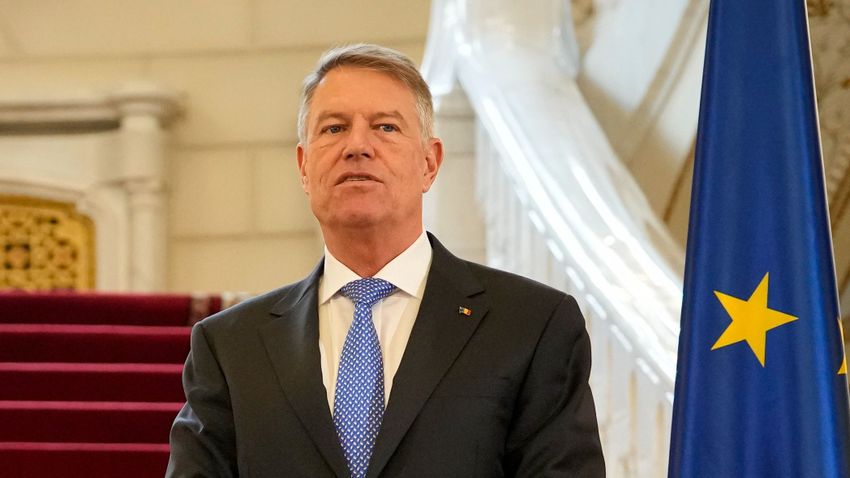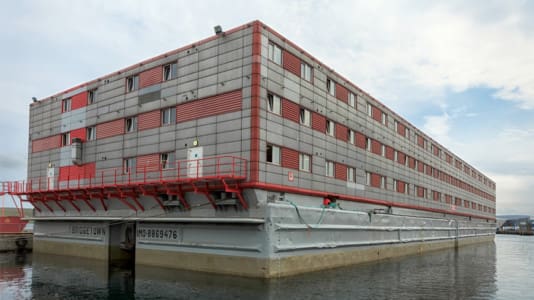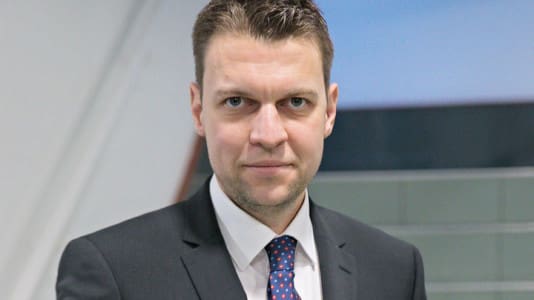Romania’s leadership is in a quandary over the disputes with Ukraine that have come into focus in recent months. Bucharest, under pressure from some sections of the press, has been forced to react to the measures taken in Kyiv that are damaging to Romanian interests, but at the same time, it is also theatrically trying to avoid accusations of anti-Ukrainianism and pro-Russianism.
A section of the population is getting fed up with the unconditional support for Ukrainians under attack from Russia, and political forces, including those with extremist, anti-Hungarian messages, are trying to ride the wave of discontent.
In 2004, Bucharest filed a case with the International Court of Justice in The Hague over the ownership of the oil and gas-rich continental shelf surrounding the Ukrainian-controlled Snake Rock (also known as Snake Island) in the Black Sea. The panel ruled in favor of Romania five years later. The war, which broke out in February last year, came amid chilly Romanian-Ukrainian relations, with Bucharest taking a much more cautious approach than Poland.
With a strong U.S. military presence in Romania, the Romanian leadership has made increasingly radical statements and commitments in defense of its northern neighbor, which has been hit by Russian aggression, but has so far refused to commit to supplying arms. On this latter, we do not know anything concrete, as Romania is concealing the amount and nature of the military assistance it has provided and continues to provide to Ukraine.
The issue has caused uncomfortable moments for Foreign Minister Bogdan Aurescu, who was recently asked on BBC Hard Talk about the reason for the secrecy. The head of Romanian diplomacy replied, in his notoriously patronizing manner, that the reason for not disclosing the data was because the government had decided not to. In response to further questions from the reporter, Aurescu declined to comment.
However, there are political actors in Romania who openly support Russia. One of them is Senator Diana Șoșoacă, known for her hysterical outbursts on various issues; she won a seat on the list of the Alliance for the Unification of Romanians (AUR) and is now a member of the S.O.S. Romania Party, which she founded. She also introduced a bill in the Bucharest parliament on the annexation of Romanian-inhabited or formerly Romanian-owned Ukrainian territories. Senator Sosoaca, who has since left the AUR, but also AUR President George Simion, may have a Russian intelligence background, and the latter is currently banned from entering the territory of the Republic of Moldova.
According to a recent survey, a large majority of Romanians polled do not support Romania sending arms and ammunition to Ukraine, although they do approve of aid to refugees.






